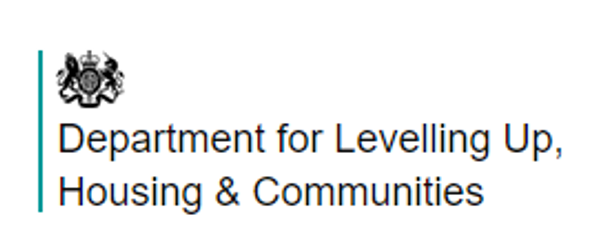
While there were good reasons for doing things this way – everyone believed residents were less likely to complete surveys if answers could be traced back to them – it was a frustrating exercise for landlords who were reading about poor performance or service failures, but without enough detail to respond properly. In the past, organisations like ours would often find themselves asking residents for permission to talk to their landlords about potentially serious problems, and having to overcome their fears.
But it turns out everyone was wrong about anonymity.
In the past five years, landlords have been moving towards very open relationships with their residents and we have seen an increase in non-anonymous surveys – with no noticeable effect on response rates.
Clearly, organisations like Acuity don’t insist on passing names back to the landlords: some residents are still anxious that any complaints would have consequences for their tenancies. We want the highest-possible response rate, so our surveys give several options to tenants, so that they can answer in the way they feel most comfortable.
We use two questions: one allows residents to opt in to keep their names and addresses with the results, and the other gives or refuses permission for the landlord to get in touch about any issues raised in the survey. This second question is also useful for landlords who want to recruit tenants to focus groups looking at particular aspects of their services.
These are examples of how we might word the two questions:
- The results of the survey are confidential. However, would you be happy for us to give all of your details to your housing association with your name attached so that they have bette information to help them improve services?
- If Yes, are you happy for your housing association to contact you with regards to any information you have provided in the survey?
This approach works remarkably well, we’ve found.
In the last 14 surveys where we’ve used these questions, around three-quarters of residents were happy for their names to be passed back to their landlord (ranging from a low of 60 per cent to a high of 94 per cent).
Of these residents, an average 92 per cent are happy to be contacted again by the landlord, ranging from a low of 84 per cent to a high of 98 per cent.
Responses from Housing for Older People residents and homeowners tell a similar story. Three-quarters of the older residents were happy to waive anonymity, with 93 per cent agreeing to further contact. That compares to 70 per cent of homeowners who were willing to be named, with 93% happy to be re-contacted.
When planning a survey with one of our clients, this will be one area we cover, as everyone’s needs are slightly different. It might also work differently in different types of survey: the examples above are from STAR questionnaires, but we will often ask similar questions when we’re doing follow-ups to repairs and so on.
Most organisations are keen to be able to contact dissatisfied residents, both to get the information to solve specific problems and also for the chance to turn an unhappy customer into a happy one.
It’s good news for everyone that our recent surveys show there is no downside in asking residents – in the right way – to waive their anonymity. So if we can help with this in any way, whether in helping you plan, execute or analyse a survey, or in any other way, please let get in touch.






Comments are closed.